The HLA-DRB1 Gene
The HLA-DRB1 gene is a major histocompatibility complex (MHC) gene located on human chromosome 6. It is a polymorphic gene, meaning that it has many different forms that vary from person to person. The HLA-DRB1 gene encodes for the HLA-DRB1 protein, which is a type of MHC class II molecule. MHC molecules play an important role in the immune system by helping the body recognize and respond to foreign substances, such as viruses and bacteria.
The HLA-DRB1 gene is a highly polymorphic gene, meaning that it has a large number of different alleles or variants. This is due to its high sequence variability, which allows the body to recognize a wide range of antigens. The number of alleles of the HLA-DRB1 gene can vary from person to person, however, the most common alleles are DRB1*01, DRB1*03, DRB1*04, DRB1*07, and DRB1*11.
The HLA-DRB1 gene is also associated with a number of diseases, including type 1 diabetes, rheumatoid arthritis, systemic lupus erythematosus, and ankylosing spondylitis. Studies have shown that certain alleles of the HLA-DRB1 gene are associated with an increased risk of developing these diseases.
The HLA-DRB1 gene is also used in tissue typing and organ transplantation. Tissue typing is a process of determining the compatibility of donor and recipient tissues for organ transplantation. By determining the alleles of the HLA-DRB1 gene from donor and recipient tissues, it is possible to determine the compatibility of the tissues and increase the chances of successful transplantation.
Finally, the HLA-DRB1 gene is also involved in the development of autoimmune disorders. Autoimmune disorders occur when the immune system mistakenly attacks the body’s own tissues. Mutations in the HLA-DRB1 gene have been linked to the development of certain autoimmune disorders, including multiple sclerosis and celiac disease.

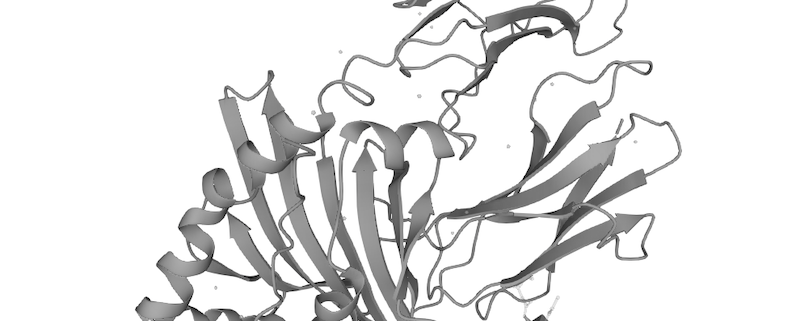


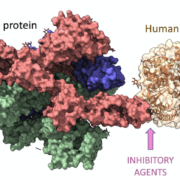
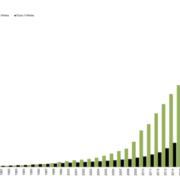
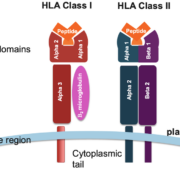
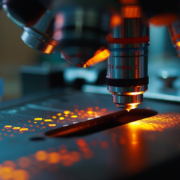 The Sequencing Center
The Sequencing Center

Leave a Reply
Want to join the discussion?Feel free to contribute!